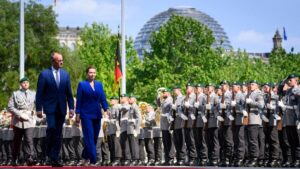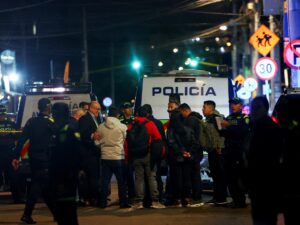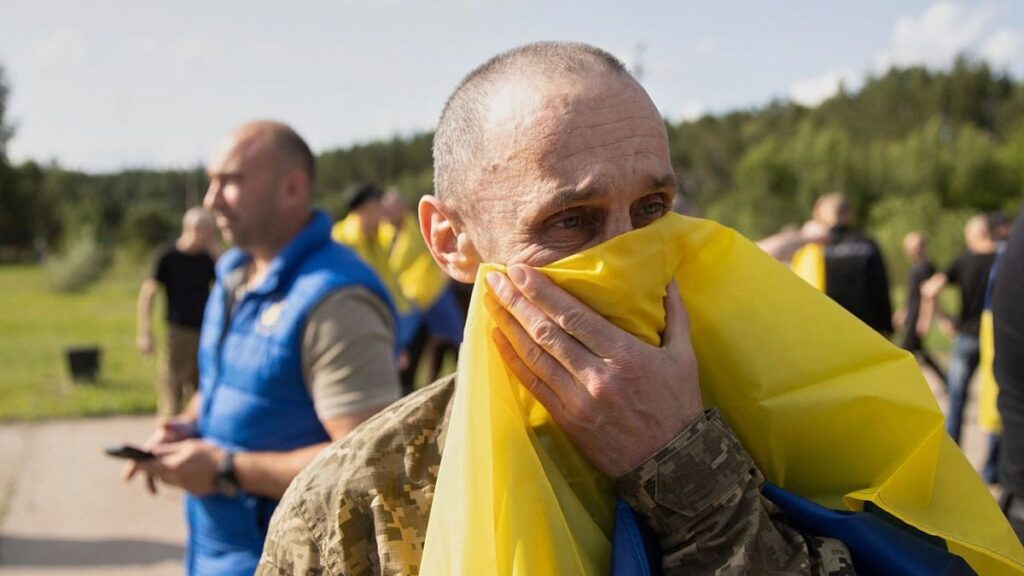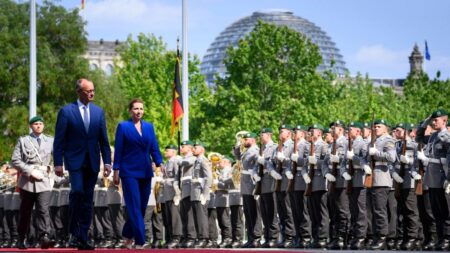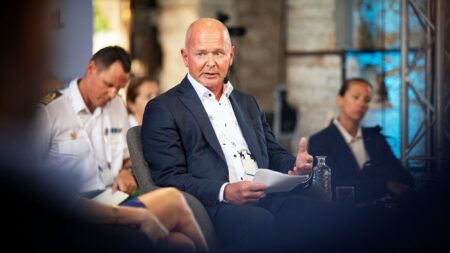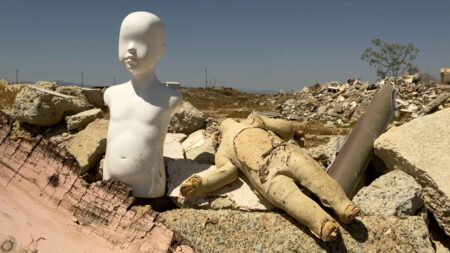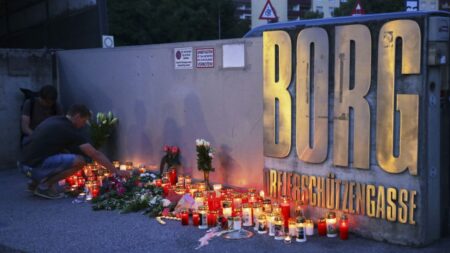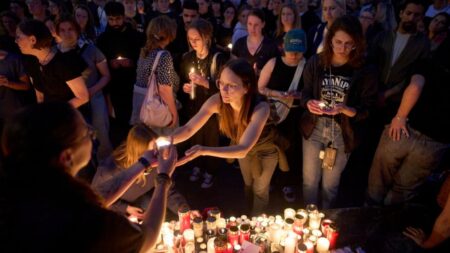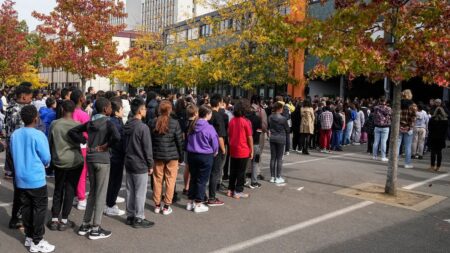Published on
A second group of Ukrainian and Russian prisoners of war were returned home on Tuesday as part of a deal made during direct talks in Istanbul on 2 June.
The exchange began on Monday for soldiers aged between 18-25, focusing on seriously wounded and sick Ukrainian service personnel, President Volodymyr Zelenskyy said on Telegram, without specifying the exact number.
Among them were soldiers captured over three years ago in the battle for Mariupol, the Coordination Headquarters for the Treatment of Prisoners of War said on Telegram.
All of those freed had severe injuries and illnesses, including amputated limbs and vision problems, it said.
Amina Ivanchenko was reunited Monday with her husband, a POW for 18 months, in the initial release. She said was grateful to Ukrainian officials for supporting her.
“My struggle was much easier thanks to them. Our country will definitely return everyone. Glory to Ukraine! Thank you!”
Anastasia Nahorna waited in the Chernyhiv region to see if her husband, who has been missing for eight months, was among those being released in the latest swap.
“This pain is more unbearable every day,” she said. “I really want to hear some news, because since the moment of his disappearance, unfortunately, there has been no information. Is he alive? or maybe in captivity? Has someone seen him?”
Russia’s Defence Ministry said it had also received a second group of released soldiers as part of the deal.
The Russian servicemen arrived on the territory of Belarus, where they are receiving psychological and medical assistance, the ministry said in a statement, without specifying the number of exchanged soldiers.
All servicemen will be transported to Russia for further treatment and rehabilitation, the statement added.
A similar exchange was announced for the bodies of fallen soldiers held by both sides, although no schedule has been released.
Two recent rounds of direct peace talks between Russian and Ukrainian delegations in Istanbul have yielded no significant breakthroughs beyond pledges to swap prisoners as well as thousands of their dead and seriously wounded troops.
Read the full article here



